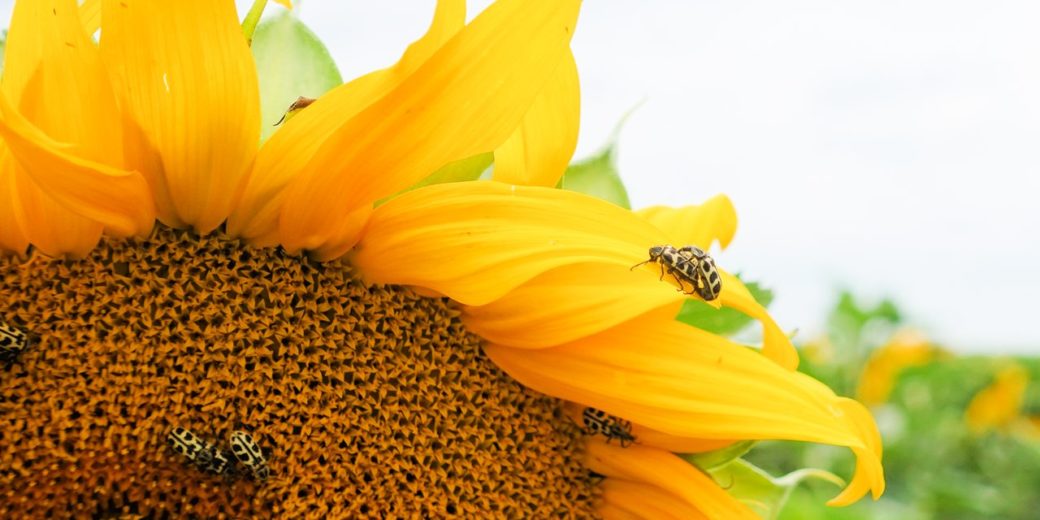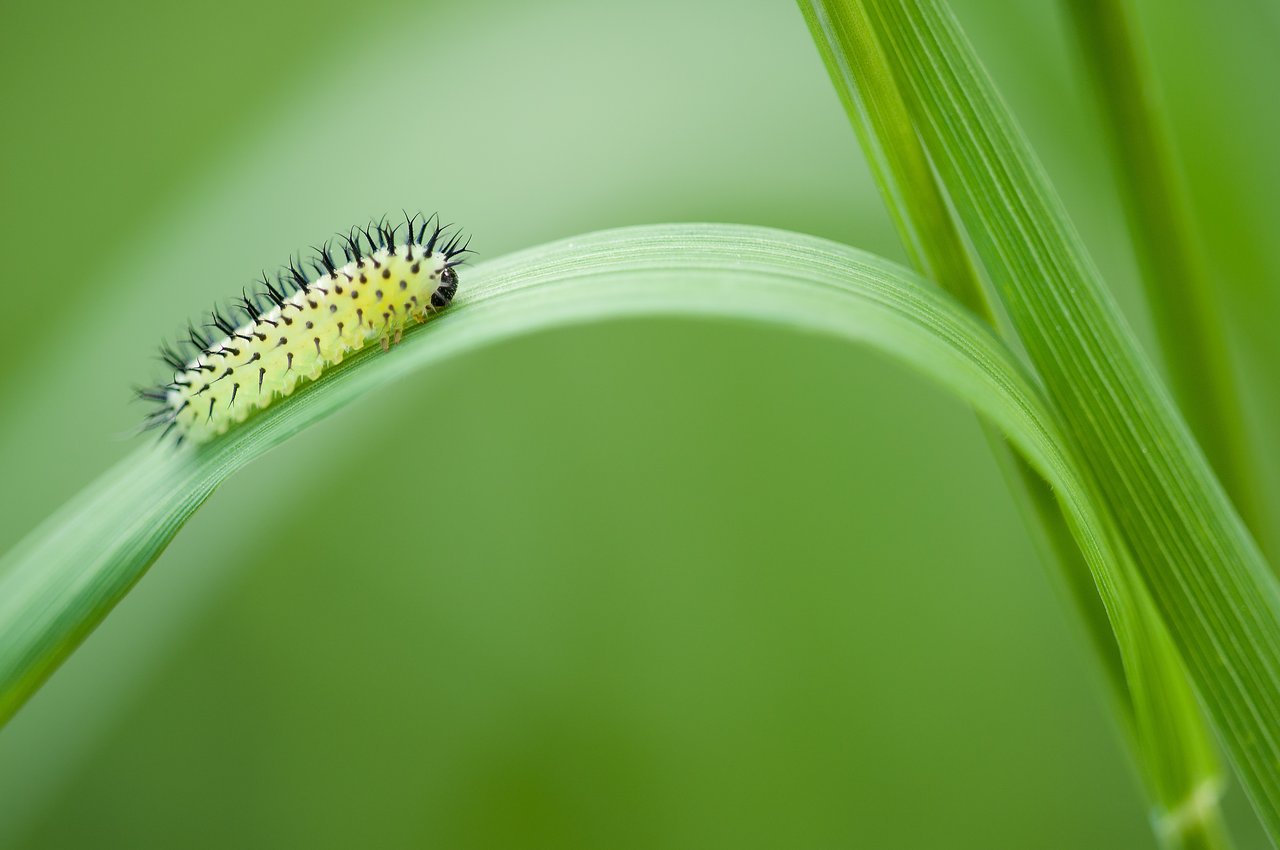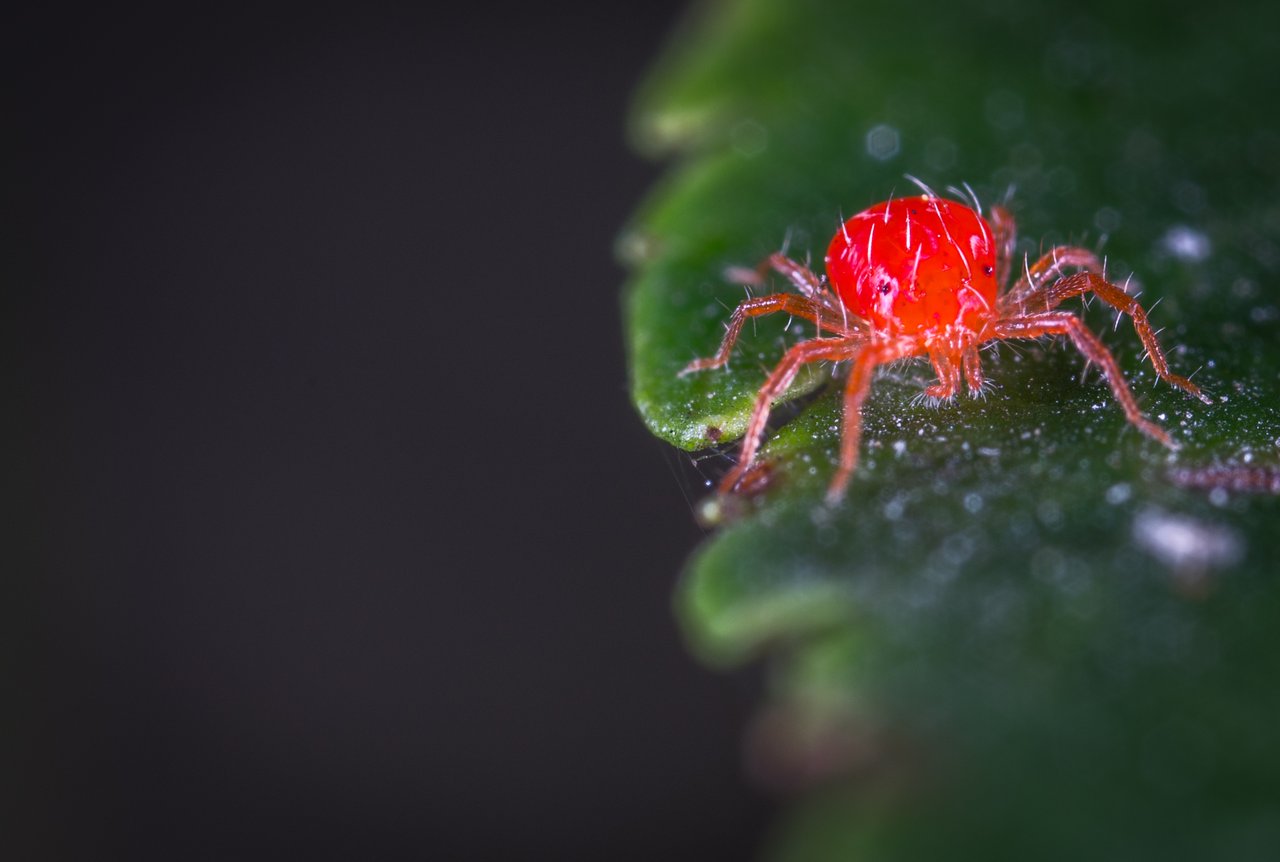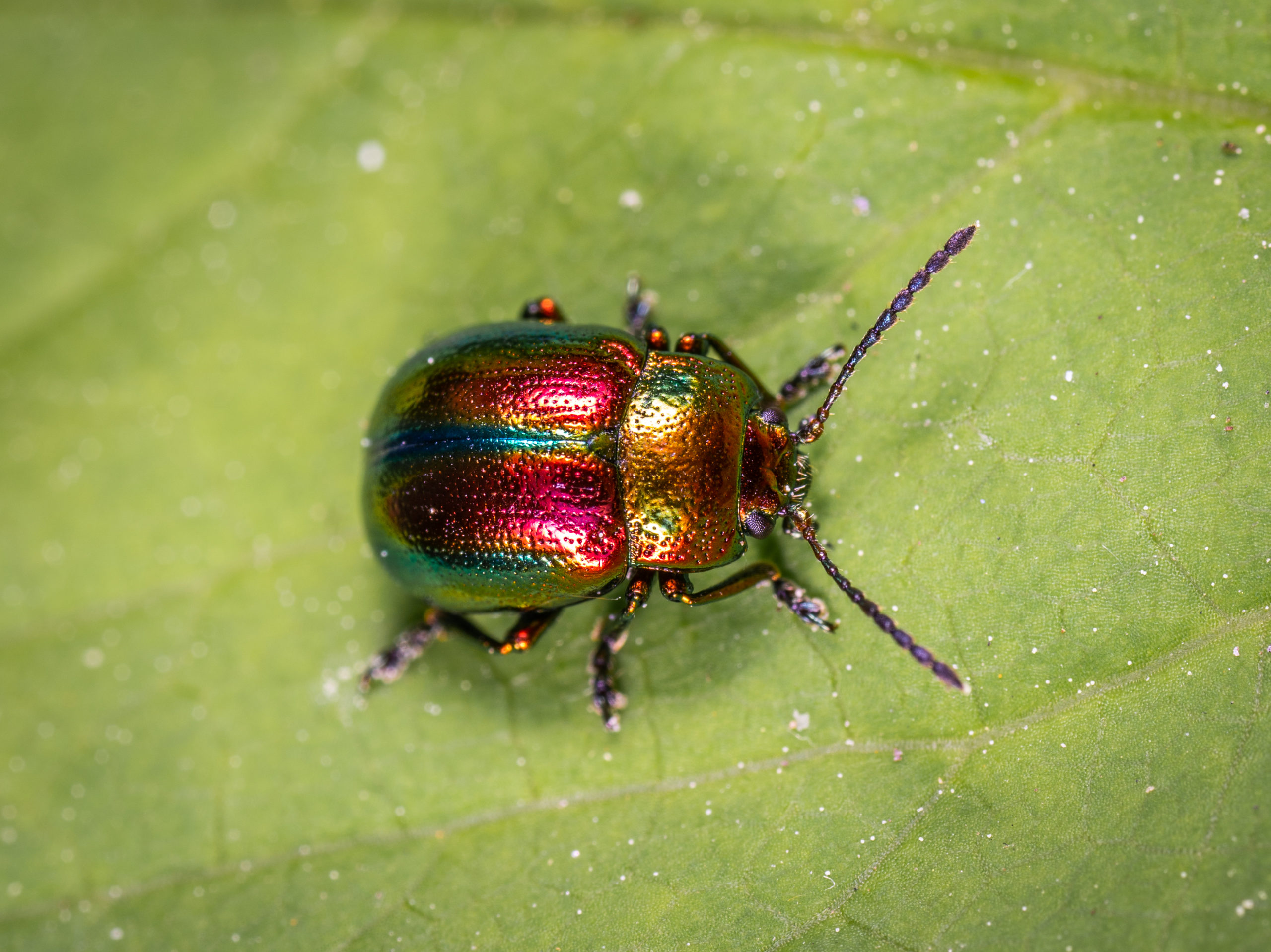6 All-Natural Ways To Fight Off Garden Pests This Year

When the weather warms up, you’ll find me in my garden. You’ll often spot my wife and our
beloved Labrador, Benson, there as well. What you won’t see are garden pests. Here are six ways you can fend off unwanted backyard guests this year, too, without subjecting your yard to toxic chemicals.
Use Milk on Mildew
Yes, you read that right. You can use the milk you have in your fridge right now to eliminate powdery mildew in your garden. Fill a spray bottle with a mixture that’s roughly one-third milk and two-thirds water, then spray it on your affected greenery. When the sun hits the milk spray, it’ll zap the mildew.
Use Bacillus Thuringiensis Spray for Caterpillar Infestations
BT is a naturally occurring bacteria found in soil that contains protein crystals that are toxic to a variety of pests, but harmless to birds, fish, and mammals due to their acidic guts.
Different types of BT contain different protein crystals. When you’re ready to bid farewell to ravenous backyard caterpillars, look for commercial sprays that contain bacillus thuringiensis var kurstaki, or BT-K for short.

Use Beer for Slugs and Snails
I know, I know. Why waste perfectly good beer? Don’t. Use cheap bear instead, and place a bowl or two of it near the plants you want to protect. The brew acts as a trap for thirsty slugs and snails.
Use Neem Oil Spray for Mites and Aphids
Neem oil is made from the seeds and leaves of Indian neem trees. Practitioners of natural medicine have been using it for centuries. You can use it to keep mites, aphids and other shell-free bugs out of your garden thanks to its unpleasant taste and pungent odor. It’s non-toxic to animals and humans, and a single application should keep insects at bay for up to three weeks.

Use Diatomaceous Earth for Just About Everything
Diatomaceous earth is a real workhorse in the garden. It’s a chalky, all-natural substance that’s made up of crushed plankton shells. Think broken glass, except incredibly small.
My chief use for it in our backyard is to keep slugs and other pests away from my hostas. You can sprinkle a circle of it around affected plants, or you can dust the plants directly.
When pests come into contact with all those rough edges, the cuts left behind dehydrate them enough that they don’t want to proceed any further. It’s not only useful against hosta-hungry slugs but also an array of other pests, including black flies, snails, ants, ticks and aphids. A liberal application of diatomaceous earth can even discourage larger vermin such as mice, rats, moles and rabbits from dining on your plants.
As versatile as diatomaceous earth is, however, don’t apply it to your flowers. Because it’s a non-selective natural pesticide, it doesn’t know the difference between good bugs and bad. Stick to plants, and give your garden helpers such as bees, butterflies and ladybugs a chance to thrive.
Use Epsom Salt for Beetles and Slugs
Like diatomaceous earth, you can sprinkle Epsom salt around the base of your plants to prevent pest attacks, or you can apply it directly to your greenery using a spray. Add one cup of salt to five gallons of water and let it dissolve, then spray it on. Whether you decide to sprinkle, spray or both, applying salt once a week can deter slugs and beetles from wreaking havoc on your garden. What’s more, throwing a little salt on the soil will add magnesium to it, thereby elevating your plants’ power to absorb nutrients.
When it comes to protecting your garden, you don’t have to choose between a pest-free paradise and toxic chemicals. With a little ingenuity, and perhaps an assist from your pantry, you can keep bugs out of your backyard all season long.

